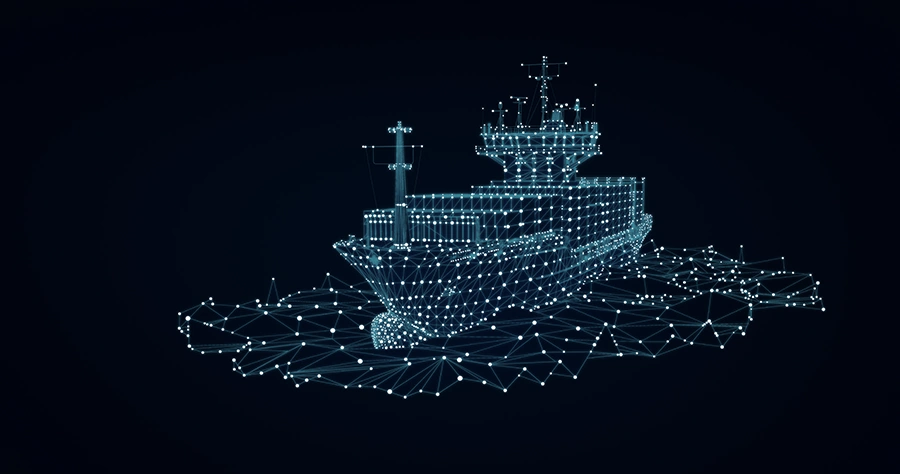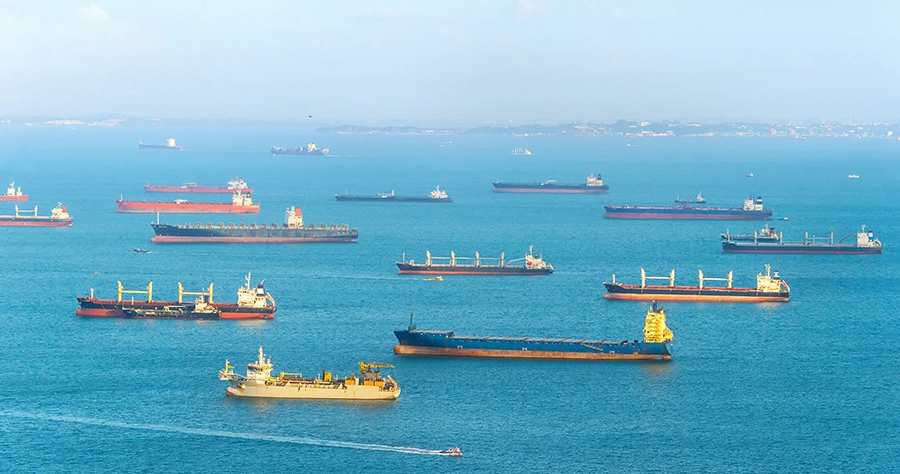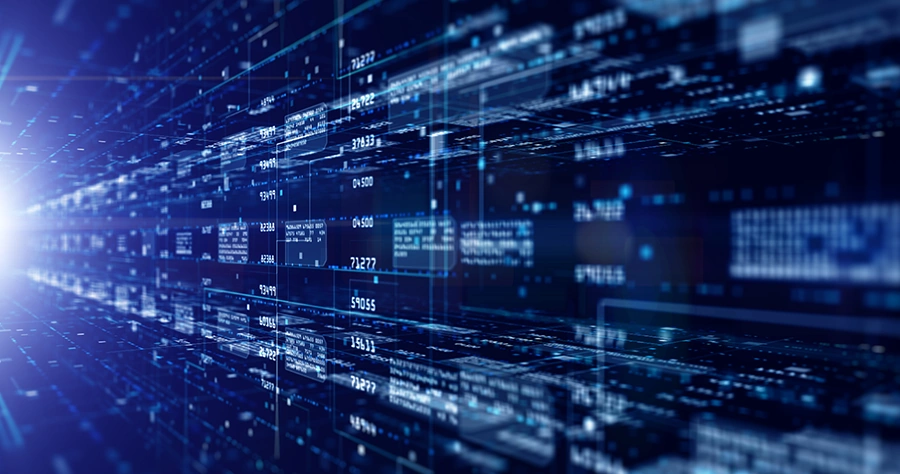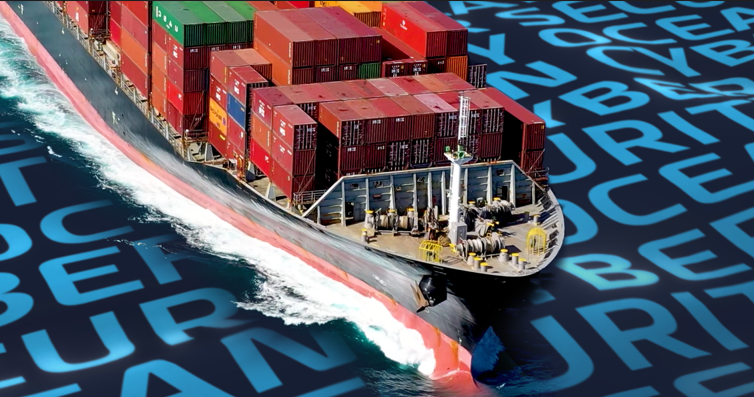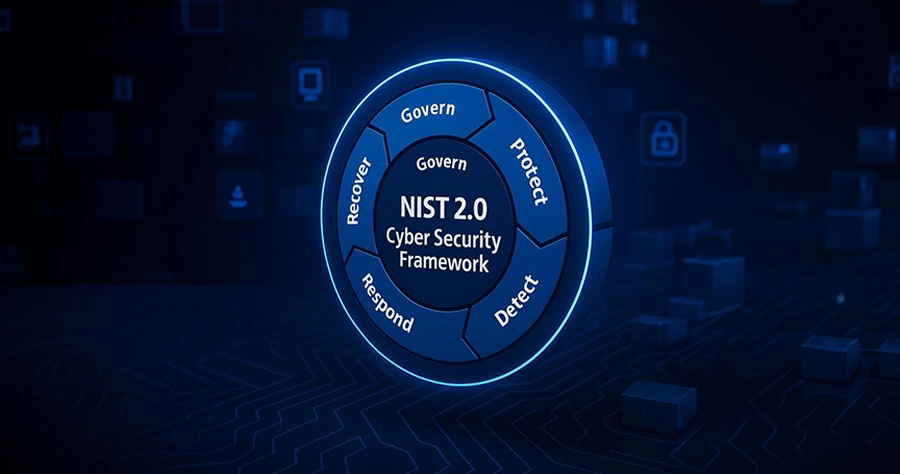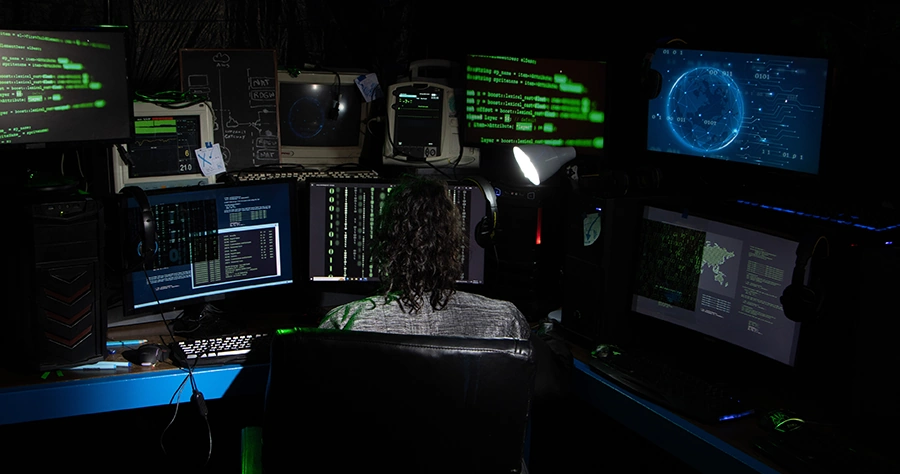Cyber security is a reputation and crew safety risk
When Marlink is asked to perform audits of cyber security preparedness it is not unusual to find highly variable levels of knowledge and awareness. Precautions and assigned responsibilities regarding cyber security, awareness and response may even be missing from the Document of Compliance.
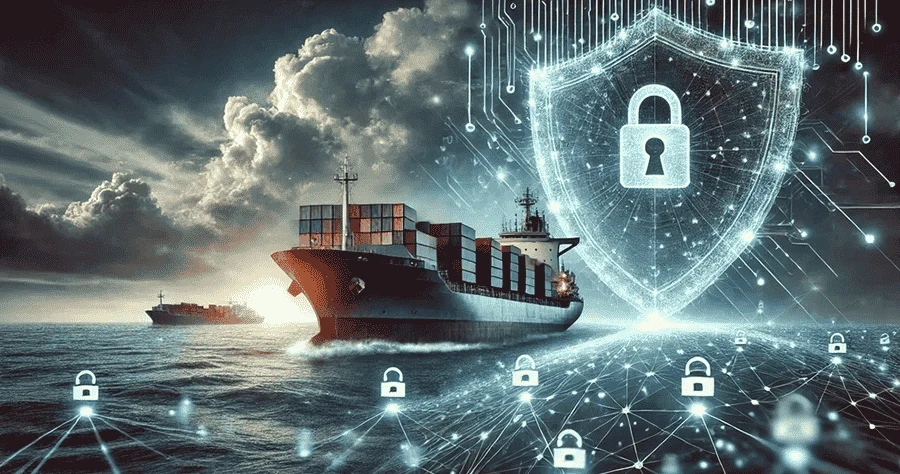
Maturity towards cyber threats varies by region and company size. In a large company the role may assigned to a chief information officer or to a dedicated chief information security officer, or to nobody. In a smaller company, a lack of preparation is more likely.
Operators need to leverage mature, trusted relationships with technology providers like Marlink which can play an advisory role to help them reduce risk.
As businesses adopt new and emerging technologies to support their digitalisation strategies, the need for cyber security increases - as does the demand for experts who can prepare prevention and response strategies. There has been a realisation within the maritime industry around the severity of the threat cyber security poses to business continuity and reputation.
Because cyber threats such as hacking, malware, and data breaches are increasing year by year, Marlink is constantly refining cyber security protection for our clients. Marlink provides advanced tools to manage and monitor network traffic, secure individual devices and search for known risks to prevent exploitation of the ship’s network and devices.
The fact that some form of cyber incident is all but inevitable makes the importance of planning and rapid response strategies critical in minimising damage and keeping the business running. Surveys and research have previously concluded that many of the companies that have been hacked choose not to make it public but not all have that luxury.
Case Study: Unintended Threats
Employees, contractors, or business partners with access to maritime IT or OT systems may cause harm, whether intentionally or unintentionally. This could involve malicious actions, such as data theft or sabotage, or inadvertent mistakes that compromise system security.
The collateral damage from a cyberattack can be felt on subsidiaries, suppliers, clients or supply chain partners; meaning that the incident is hard to conceal. Implementing sound cyber security principles and practices can at least help to manage the reputational impact of an attack, especially where multiple stakeholders are affected.
Sign up to stay secure
Insights
Read about our latest insights and explore the forefront of digital protection through our curated selection of news, articles, and expert blogs.

